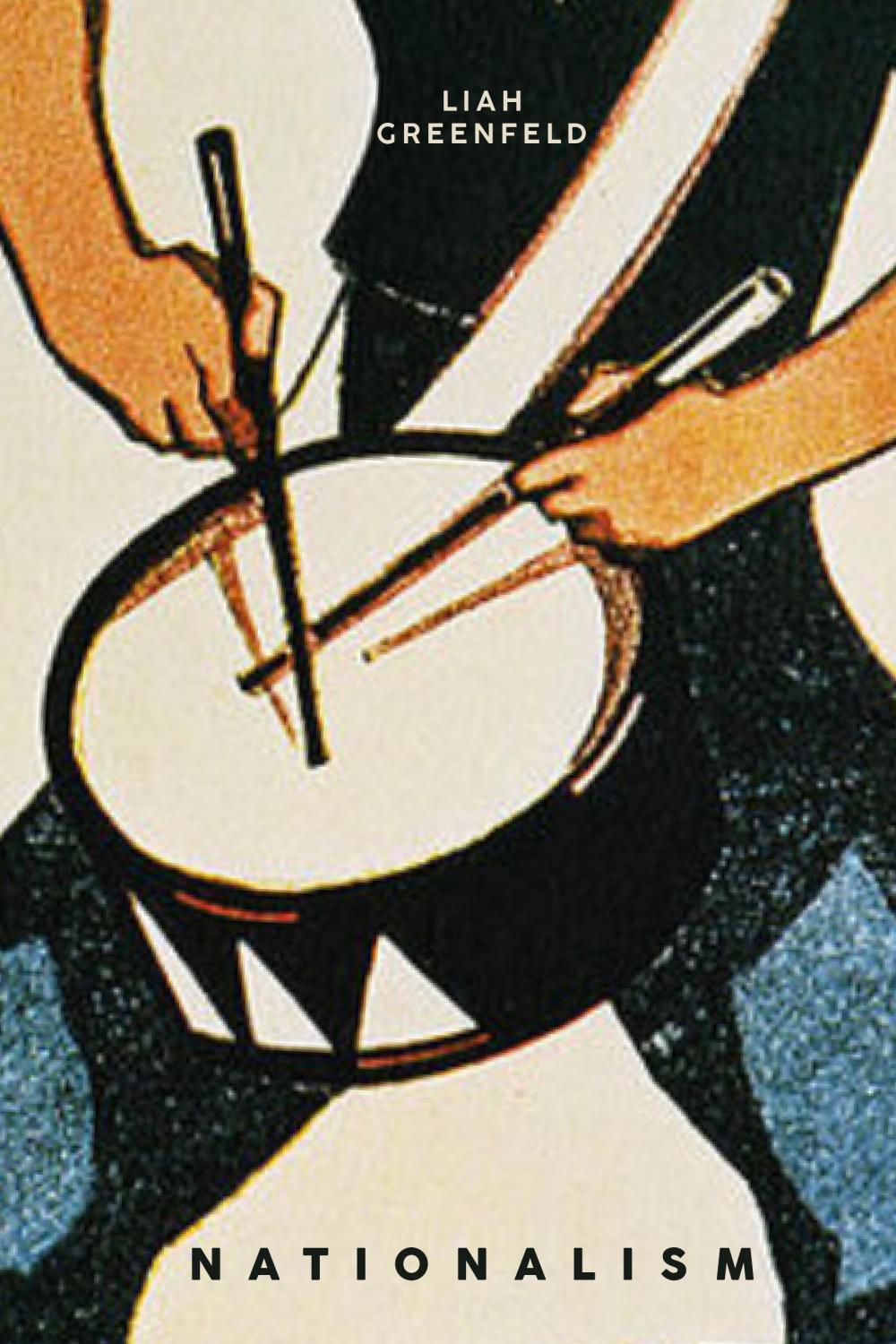“We need a nation,” declared a certain Phillippe Grouvelle in the revolutionary year of 1789, “and the Nation will be born.”—from Nationalism
Nationalism, often the scourge, always the basis of modern world politics, is spreading. In a way, all nations are willed into being. But a simple declaration, such as Grouvelle’s, is not enough. As historian Liah Greenfeld shows in her new book, a sense of nation—nationalism—is the product of the complex distillation of ideas and beliefs, and the struggles over them.
Greenfeld takes the reader on an intellectual journey through the origins of the concept “nation” and how national consciousness has changed over the centuries. From its emergence in sixteenth century England, nationalism has been behind nearly every significant development in world affairs over succeeding centuries, including the American and French revolutions of the late eighteenth centuries and the authoritarian communism and fascism of the twentieth century. Now it has arrived as a mass phenomenon in China as well as gaining new life in the United States and much of Europe in the guise of populism.
Written by an authority on the subject, Nationalism stresses the contradictory ways of how nationalism has been institutionalized in various places. On the one hand, nationalism has made possible the realities of liberal democracy, human rights, and individual self-determination. On the other hand, nationalism also has brought about authoritarian and racist regimes that negate the individual as an autonomous agent. That tension is all too apparent today.
Praise for Nationalism
“Greenfeld, the author of massive historical-sociological studies of the rise of nationalism, capitalism, and modernity, here distills the story of nationalism into a short and captivating historical drama.”
—G. John Ikenberry, Foreign Affairs
“This book trains Liah Greenfeld’s probing lens specifically on the history of nationalism. The case studies are explained in such a way that one can clearly understand the development of the different forms of nationalism. This concise account ties nationalism to the modern passion for equality, completely unfamiliar to the old world, and shows not only its impact on our political, economic, and social lives but more importantly how it affects our existential reality, particularly in the age of globalization. The book is a must read for all interested in coming to grips with the central phenomenon of our time.”
—Oliver Benoit, Chair, Department of Humanities and Social Sciences, St. George’s University
“The rise of China and India, the challenges of radical Islam, the new nativist forces in the West: the world is experiencing tremendous changes and little seems to explain why all this is happening. In this riveting account, Liah Greenfeld, one of the leading intellectuals of our time, forcefully argues that underpinning much of what we are witnessing today is the same force that has shaped human affairs in the last three hundred plus years: nationalism. Nationalism remains the fundamental cultural driver of all major events in the world. This book explains how this is so and what it means for our shared futures.”
—Francesco Duina, professor of sociology, Bates College
Author

Liah Greenfeld is the author, among other works, of the trilogy on nationalism and modern experience, including Nationalism: Five Roads to Modernity; The Spirit of Capitalism: Nationalism and Economic Growth; and Mind, Modernity, Madness: The Impact of Culture on Human Experience, published by Harvard University Press (1992, 2001, 2013).

